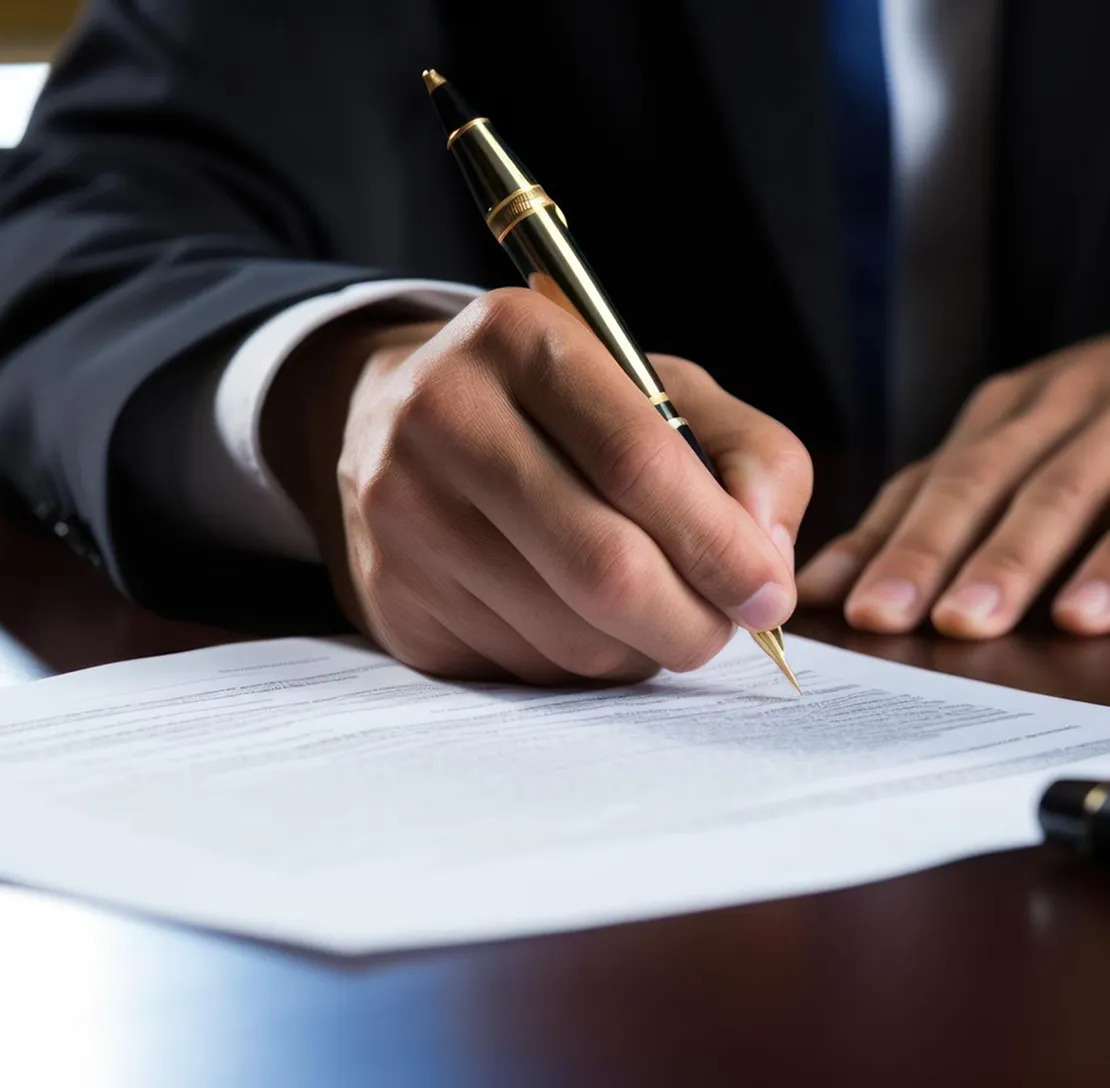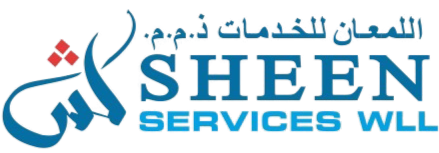Philippines Attestation Process for Qatar
Reliable & Hassle-Free Philippines Document Attestation Services
The process of attesting Philippines-issued documents (personal, educational, and commercial) for use in Qatar involves multiple steps to ensure their authenticity and legal recognition. Since Qatar is not a signatory to the Apostille Convention, the traditional attestation process through various authorities is required, rather than the simplified Apostille procedure. Below is a detailed breakdown of the process for each type of document

General Overview of the Process
Educational Documents (e.g., Diploma, Transcript of Records, Certificates)
Educational documents are issued by schools, universities, or training institutions in the Philippines.
- Have the educational document verified by the issuing institution (e.g., university registrar or school). For higher education documents, a “Certification, Authentication, and Verification” (CAV) from the Commission on Higher Education (CHED) or Technical Education and Skills Development Authority (TESDA) may be required.
- The document (or a certified true copy) must be notarized by a licensed notary public in the Philippines.
- Submit the notarized and verified document to the DFA for authentication. Include the CAV certificate if applicable. The DFA will authenticate the document. The DFA in the Philippines authenticates the document, replacing the former “red ribbon” process with a certificate of authentication.
- Bring the DFA-authenticated document to the Qatar Embassy in Manila with:
- A copy of your passport.
- The embassy’s attestation fee.
- The embassy will attest the document, making it valid for use in Qatar.
Upon arrival in Qatar, submit the document to the Qatar MOFA for final attestation. For some educational documents, Qatar authorities may also require a bonafide certificate from the issuing institution, though this is not always mandatory.
Personal Documents (e.g., Birth Certificate, Marriage Certificate, Certificate of No Marriage Record (CENOMAR))
Personal documents are typically issued by the Philippine Statistics Authority (PSA) or other relevant entities.
- Secure an original or PSA-certified copy of the document (e.g., PSA Birth Certificate, Marriage Certificate, or Certificate of No Marriage Record CENOMAR).
- Have the document notarized by a licensed notary public in the Philippines, if required (e.g., for affidavits or other supporting documents).
- Submit the document to the DFA for authentication. This step verifies the document’s legitimacy at the national level. You may need to book an appointment through the DFA’s online portal and pay the applicable fee. The DFA in the Philippines authenticates the document, replacing the former “red ribbon” process with a certificate of authentication.
- Present the DFA-authenticated document to the Qatar Embassy in Manila, along with:
- A valid ID (e.g., passport).
- A completed application form (if required by the embassy).
- Payment of the embassy attestation fee.
- The embassy will stamp or affix its seal to confirm attestation.
Once in Qatar, submit the document to the Ministry of Foreign Affairs in Doha for final attestation.
Commercial Documents (e.g., Power of Attorney, Certificate of Origin, Invoices)
Commercial documents are typically related to business transactions and issued by private entities or government agencies like the Department of Trade and Industry (DTI) or Securities and Exchange Commission (SEC).
- Have the document notarized by a licensed notary public in the Philippines
- Depending on the document, it may need authentication from a specific agency:
- For export-related documents (e.g., Certificate of Origin), authentication by the Philippine Chamber of Commerce and Industry (PCCI) or DTI is required.
- For company-related documents (e.g., Articles of Incorporation), the SEC may need to authenticate them.
- Submit the notarized and agency-authenticated document to the DFA for national-level authentication. The DFA in the Philippines authenticates the document, replacing the former “red ribbon” process with a certificate of authentication.
- Present the DFA-authenticated document to the Qatar Embassy in Manila, along with:
- A copy of your passport or company representative’s ID.
- Payment of the attestation fee.
- The embassy will attest the document.
In Qatar, submit the document to the MOFA for final attestation. Some documents may also require prior attestation by the Qatar Chamber of Commerce, depending on their use.
Additional Notes
Authorized Representatives: If you’re unable to process the documents personally, an authorized representative with a Special Power of Attorney (SPA) and valid ID can act on your behalf in the Philippines.
Translation: If the document is not in English or Arabic, it may need to be translated by a certified translator and the translation attested as well.
Why Choose Sheen Services WLL?
Choosing Sheen Services WLL means opting for a reliable partner with extensive experience in document attestation services. Our team understands the nuances of both New Zealand and Qatari regulations, allowing us to streamline the process on your behalf. We prioritise customer satisfaction and provide tailored solutions to meet your specific needs, ensuring that your documents are processed swiftly and accurately.
- Fast & Cost-Effective Solutions – We offer the most efficient and affordable attestation processes.
- Expert Guidance – Our team ensures a smooth and error-free attestation journey.nd the exact legal procedures and embassy requirements.
- End-to-End Assistance – From notarisation to MOFA attestation, we handle everything.
- Trusted by Thousands – Our extensive experience and professional approach make us the preferred choice in Qatar. Customer Support – Dedicated
- Customer Support – Dedicated support for all your queries and concerns.
- Experience - Years of experience in handling Indian document attestation for Qatar.
- Efficiency – Fastest processing times with a streamlined approach.
- Comprehensive Support – Assistance with every step, from notarisation to final MOFA attestation.
- Convenient Contact Options – Reach us via phone, WhatsApp, or email for prompt assistance.
- Transparency – Clear communication and no hidden charges.
- Customer-Centric Approach – Tailored solutions to meet your specific needs.
Would you like Sheen Services WLL to assist with the entire attestation process for Qatar submission?

Call Us:

Landline:

WhatsApp:
Frequently Asked Questions (FAQs)
Document attestation is the process of verifying the authenticity of Philippines-issued personal, educational, or commercial documents to make them legally valid for use in Qatar through authentication by the DFA, Qatar Embassy, and MOFA. In Qatar, attested documents are required for employment, business setup, family visa applications, and legal purposes.
- Educational Documents (Degrees, Diplomas, Transcripts)
- Personal Documents (PSA Birth, Marriage, Death Certificates, NBI Clearance)
- Commercial Documents (Invoices, Business Licenses, Agreements, Power of Attorney)
Start by having your document notarized by a licensed notary public in the Philippines, then authenticate it with the relevant agency (e.g., PSA, CHED) before submitting it to the DFA.
The Department of Foreign Affairs (DFA) authenticates Philippines-issued documents, verifying their legitimacy at the national level before they can be attested by the Qatar Embassy.
Submit your DFA-authenticated document to the Qatar Embassy in Manila with a valid ID, application form (if required), and the attestation fee depends on the document type.
Yes, after Qatar Embassy attestation, the final step is submitting your document to the Ministry of Foreign Affairs (MOFA) in Qatar for legal recognition.
The process takes 2-4 weeks in the Philippines (DFA and Qatar Embassy) and 1-3 days at the Qatar MOFA, depending on document type and processing times.
Costs vary depending on document type.
Yes, an authorized representative with a notarized Special Power of Attorney (SPA) and valid ID can process your documents in the Philippines on your behalf.
If your document isn’t in English or Arabic, you’ll need a certified translation, which must also be notarized, DFA-authenticated, and attested by the Qatar Embassy and MOFA.
CHED verification (Certification, Authentication, and Verification) is required for higher education documents like diplomas and transcripts before DFA authentication for Qatar.
Qatar is not a signatory to the Apostille Convention, so the traditional attestation process via the DFA, Qatar Embassy, and MOFA is required instead of an Apostille.
Yes, professional attestation services like Sheen Services WLL in the Qatar can manage the process for a fee, saving time and effort.
Rejection may occur due to incomplete requirements, errors, or fraud. Verify all steps (notarization, agency authentication) and consult the DFA or Qatar Embassy for corrections.
Contact the DFA (dfa.gov.ph), Qatar Embassy in Manila, or Qatar MOFA for updated fees, requirements, and appointment schedules.
Qatar requires attested documents to ensure their authenticity for purposes like employment, education, business, or legal matters.
The process typically involves:
- Notarization in the Philippines
- Authentication by the Department of Foreign Affairs (DFA) Philippines
- Attestation by the Qatar Embassy in the Philippines
- Final attestation by the Ministry of Foreign Affairs (MOFA) in Qatar.
The duration depends on the type of document and the processing times of each authority.
Yes, but it can be time-consuming. Many people use professional attestation services like Sheen Services WLL to simplify the process.
No, you can authorize a representative or use a professional service like Sheen Services WLL to handle the process on your behalf.
Requirements include:
- Original documents
- Photocopies of the documents
- Valid identification (e.g., passport)
- Completed application forms
- Payment of fees.
Costs vary depending on the type of document and the service provider. Fees are charged by the DFA, Qatar Embassy, and MOFA Qatar.
Some documents may require translation into Arabic for use in Qatar. Check with the Qatar Embassy or MOFA for specific requirements.
Educational certificates must be notarized, authenticated by the DFA, and attested by the Qatar Embassy. Some documents may also require verification from the Commission on Higher Education (CHED) or the Technical Education and Skills Development Authority (TESDA).
Commercial documents must be notarized, authenticated by the DFA, and attested by the Qatar Embassy. Additional steps may include verification from the Philippine Chamber of Commerce and Industry (PCCI).
Yes, birth certificates must be notarized, authenticated by the DFA, and attested by the Qatar Embassy.
Yes, many agencies specialize in document attestation like Sheen Services WLL and can handle the entire process for you.
Look for providers like Sheen Services WLL with good reviews, transparent pricing, and experience in handling Philippines-to-Qatar document attestation.
Once attested, your documents are ready for submission to the relevant authorities in Qatar, such as your employer, school, or government office.
Attestation does not expire, but some institutions in Qatar may require recently issued documents (e.g., within 6 months to 1 year).
You will need to repeat the attestation process for the lost or damaged documents.
The Philippines is not part of the Hague Apostille Convention, so documents must go through the traditional attestation process.
Some service providers like Sheen Services WLL and government offices offer tracking services. Check with like Sheen Services WLL or the respective authorities.
No, even if DFA issues an apostille, the document still needs to be attested by the Qatar Embassy in the Philippines and MOFA in Qatar.
Yes, you can use a document attestation service provider like Sheen Services WLL to handle the entire process on your behalf.
Yes, they must be verified by the Commission on Higher Education (CHED) before DFA Apostille.
No, only documents issued by the Philippine Statistics Authority (PSA) are accepted for attestation.
Yes, business documents must be notarized, authenticated by the Chamber of Commerce, DFA Apostille, and then attested by the Qatar Embassy.
Yes, Sheen Services WLL provides end-to-end attestation services for Philippines-issued documents, ensuring a fast and hassle-free process.
If you use Sheen Services WLL, you can track your document attestation status through email, phone, or WhatsApp support.





